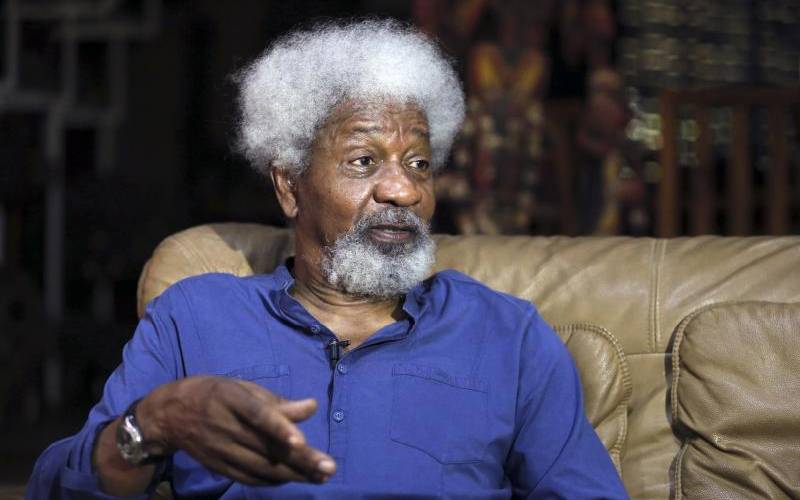×
The Standard e-Paper
Smart Minds Choose Us

After 48 years of missing out of the literary writing scene, Wole Soyinka is back with a new novel expected to be released in Nigeria in the course of this month.
The novel Chronicles from the Land of the Happiest People on Earth will be the third novel by the globally acclaimed fiction writer after his two novels The Interpreters (1965) and Season of Anomy (1973).